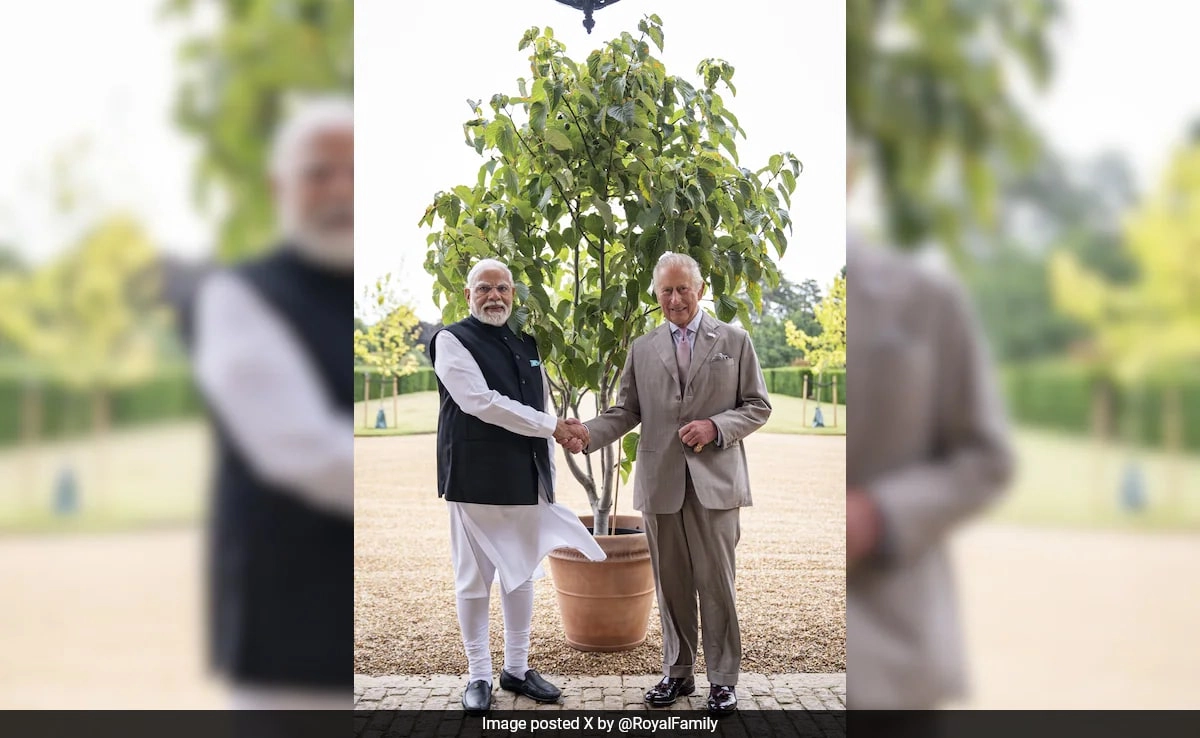In a significant ruling, the Kerala High Court has clarified that a Muslim man is not permitted to have multiple wives if he cannot adequately maintain them. This judgment underscores the legal and ethical responsibilities tied to polygamy within the context of Islamic personal law, emphasizing that the ability to provide for multiple spouses is a prerequisite for such arrangements. The court’s decision reflects a growing concern over the implications of polygamous marriages, particularly in relation to the welfare and rights of women.
The ruling arose from a case where the petitioner sought to challenge the legality of his marriage to multiple women. The court highlighted that the essence of Islamic law, as interpreted in contemporary society, necessitates that a husband must ensure equitable treatment and financial support for all his wives. This principle is not only a moral obligation but also a legal one, reinforcing the idea that marriage should not lead to the exploitation or neglect of any partner involved. The court’s emphasis on maintenance extends beyond mere financial support; it encompasses emotional and social responsibilities as well.
This landmark judgment may have broader implications for polygamous practices in India, especially among Muslim communities. It serves as a reminder that the rights of women should be prioritized in marital arrangements, and that any form of marriage should be based on mutual respect and the ability to fulfill obligations. The Kerala High Court’s stance could lead to increased scrutiny of polygamous marriages, encouraging individuals to reflect on the responsibilities that come with such commitments. Ultimately, the ruling aims to protect the interests of women, ensuring that they are not left vulnerable in situations where their spouses cannot uphold their duties.
As such, this ruling could spark discussions within the community regarding the traditional practices of polygamy and their relevance in modern society. It may encourage a shift towards more equitable marital practices, fostering an environment where both men and women are equally responsible for each other’s well-being. The court’s decision resonates with a broader movement towards gender equality and social justice, seeking to redefine the dynamics of marriage in a way that respects individual rights and promotes overall harmony within families.




